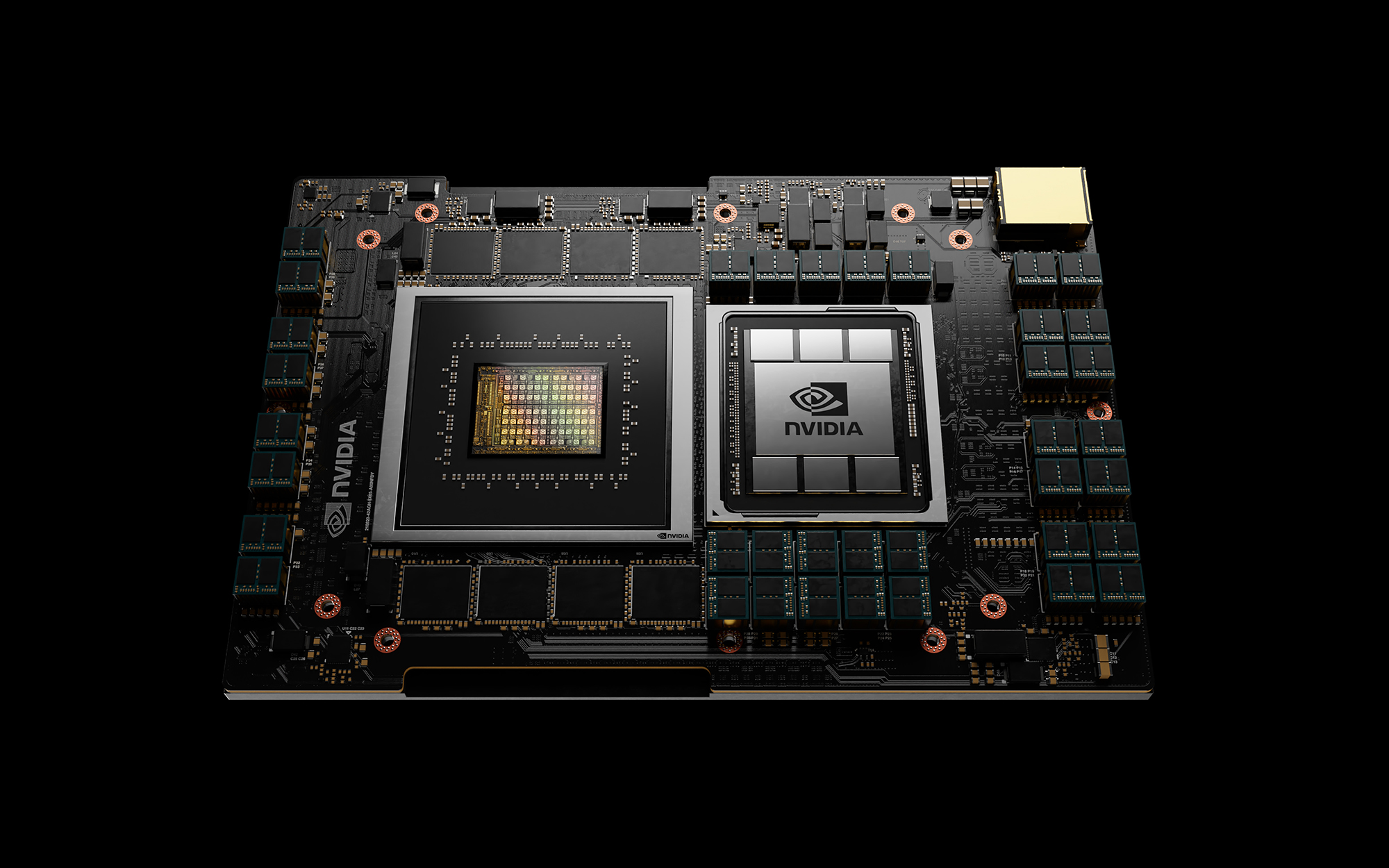 EMERGING TECH
EMERGING TECH
 EMERGING TECH
EMERGING TECH
 EMERGING TECH
EMERGING TECH
Nvidia Corp. is working with a Toronto-based startup called Xanadu Quantum Technologies Inc. to enable quantum computing simulations to be run on supercomputers for the first time.
In a blog post published today, Nvidia said researchers are using the latest version of Xanadu’s PennyLane to simulate quantum machines on a supercomputer called “Perlmutter.” PennyLane is an open-source framework for something called “hybrid quantum computing,” which refers to the use of classical computing resources alongside quantum processors. The researchers have combined PennyLane with Nvidia’s cuQuantum software development kit, which enables it to simulate quantum machines powered by high-performance clusters of graphics processing units.
This high performance is a key requirement because researchers such as Shinjae Yoo at the U.S. Department of Energy’s Brookhaven National Laboratory say it takes as many as 256 GPUs to simulate about three dozen qubits – which are the unique calculators employed by true quantum machines. Crucially, this is about double the number of qubits currently available to researchers.
Nvidia said the multinode version of PennyLane is being used with the cuQuantum SDK to simplify the complicated job of accelerating enormous simulations of quantum computers. “This opens the door to letting even my interns run some of the largest simulations — that’s why I’m so excited,” said Yoo, whose team is planning no fewer than six projects using PennyLane in the pipeline.
Yoo’s research aims to advance high-energy physics and machine learning applications, while other researchers are using simulated quantum computers to expand their understanding of chemistry and materials science.
Quantum computers are an experimental type of computer that rely on the properties of quantum mechanics and promise to be exponentially more powerful than classical computers, though they are still a nascent technology that’s not fully developed. Simulations enable researchers to begin exploring their capabilities while they remain in development.
Besides helping researchers, Xanadu is working with Rolls-Royce Motor Cars Ltd. to develop quantum algorithms it will use to design more sustainable jet engines. It’s also working with Volkswagen Group to design more efficient and powerful batteries for electric cars.
The National Energy Research Scientific Computing Center’s Perlmutter supercomputer is simulating quantum computers with PennyLane in at least four other projects besides Yoo’s. Katherine Klymko, who leads NERSC’s quantum computing program, said researchers are using quantum simulations to study molecular complexes that are too large for traditional computers. “Tools like PennyLane are key to let them extend what they can currently do classically to prepare for eventually running algorithms on large-scale computers,” Klymko said.
Lee O’Riordan, Xanadu’s senior quantum software developer, said the combination of PennyLane and cuQuantum makes possible a vast increase in the number of qubits that can be simulated, beyond anything that has previously been achieved. “When we started work in 2022 with cuQuantum on a single GPU, we got 10X speedups pretty much across the board,” he said. “We hope to scale by the end of the year to 1,000 nodes — that’s 4,000 GPUs — and that could mean simulating more than 40 qubits.”
Ultimately, though, O’Riordan believes Nvidia’s cuQuantum and GPUs can help to simulate the equivalent of more than 60 qubits, split into 30-qubit subcircuits, and even more beyond that.
Xanadu’s team is still collecting data on the possibilities, but the research looks promising. “Going by our sample-based workloads, we see almost linear scaling,” he said.
Support our mission to keep content open and free by engaging with theCUBE community. Join theCUBE’s Alumni Trust Network, where technology leaders connect, share intelligence and create opportunities.
Founded by tech visionaries John Furrier and Dave Vellante, SiliconANGLE Media has built a dynamic ecosystem of industry-leading digital media brands that reach 15+ million elite tech professionals. Our new proprietary theCUBE AI Video Cloud is breaking ground in audience interaction, leveraging theCUBEai.com neural network to help technology companies make data-driven decisions and stay at the forefront of industry conversations.